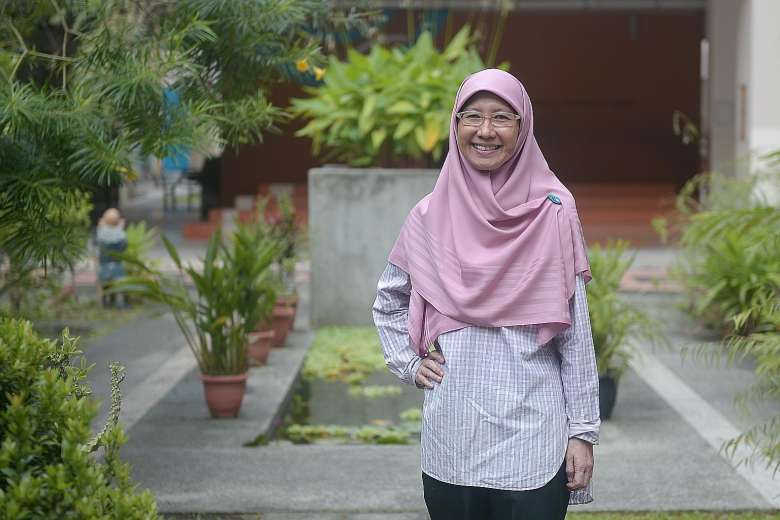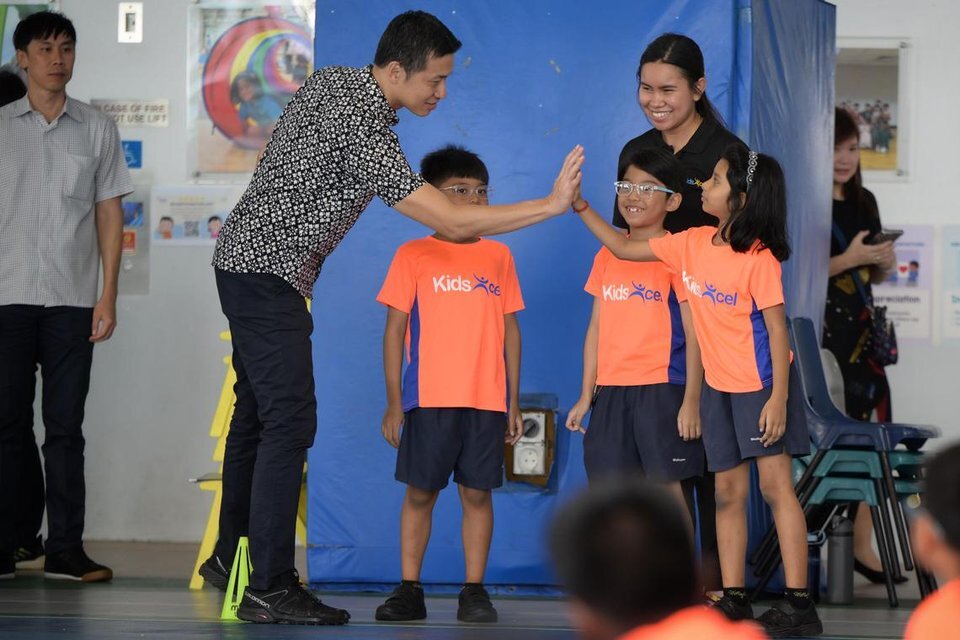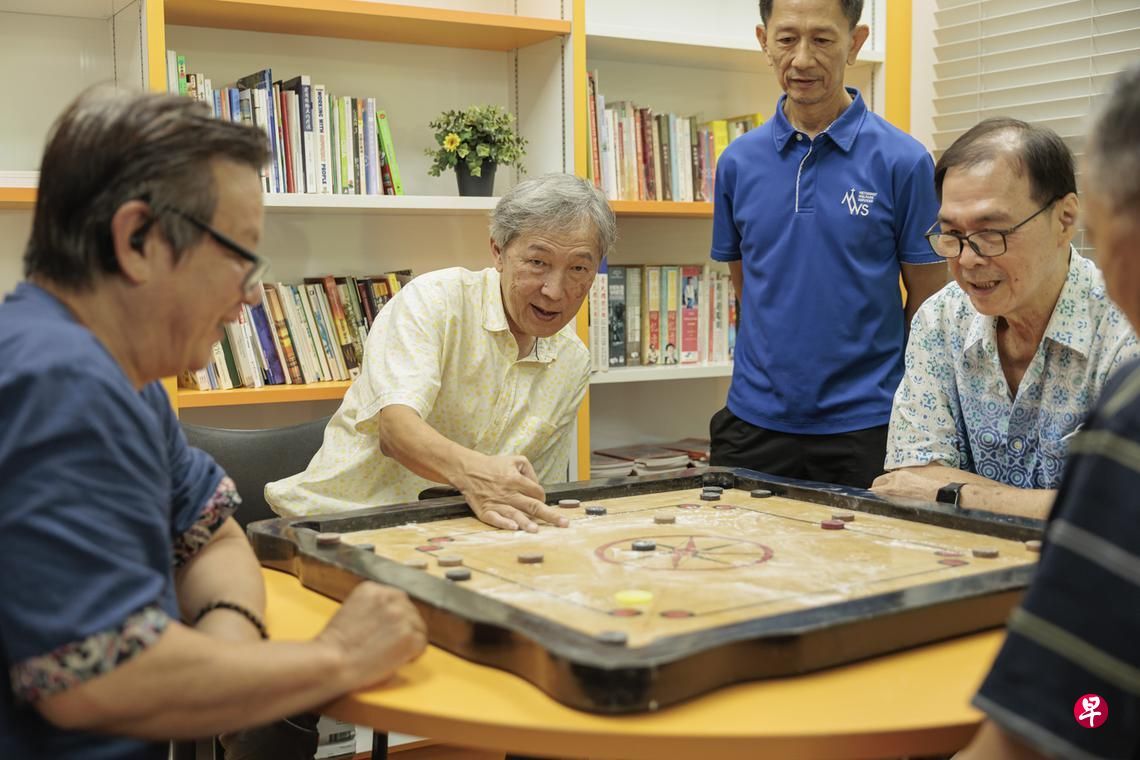The Straits Times: She helps pupils with special needs cope in school


by Nur Syahiidah Zainal, 3 October 2016
Just as school starts to wind down in the last quarter, Madam Tutek Alauyah Amir’s work picks up speed.
Her mind skips ahead to new pupils entering Tampines Primary School next year – specifically the ones with special needs like dyslexia, autism or attention deficit hyperactivity disorder – that she is gearing up to help.
For her dedication, the 56-year- old, an allied educator for learning and behavioural support at the school, won the Leading Foundation Teacher Award (LFTA) last year. The LFTA, started in 2014, specifically recognises early childhood and special needs education teachers who have made a difference to their pupils. Read more.
by Nur Syahiidah Zainal, 3 October 2016
Just as school starts to wind down in the last quarter, Madam Tutek Alauyah Amir’s work picks up speed.
Her mind skips ahead to new pupils entering Tampines Primary School next year – specifically the ones with special needs like dyslexia, autism or attention deficit hyperactivity disorder – that she is gearing up to help.
For her dedication, the 56-year- old, an allied educator for learning and behavioural support at the school, won the Leading Foundation Teacher Award (LFTA) last year. The LFTA, started in 2014, specifically recognises early childhood and special needs education teachers who have made a difference to their pupils. Read more.
- Related Topics For You: ACCESSING QUALITY EDUCATION, CAREGIVER SUPPORT, CHARITY STORIES, CHILDREN, EDUCATION, INCLUSIVITY & INTEGRATION, NEWS, PERSONS WITH DISABILITIES, STORIES OF IMPACT
.jpg)


